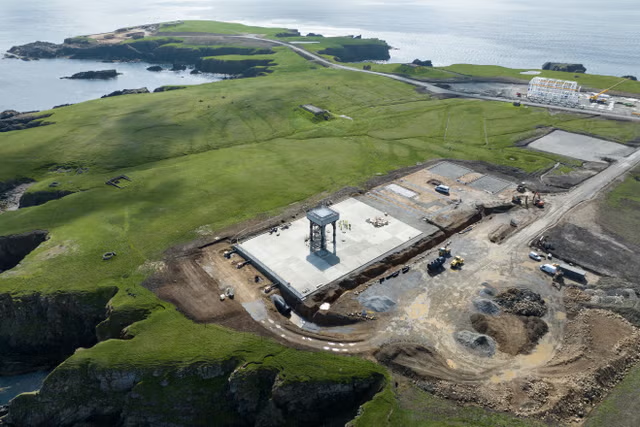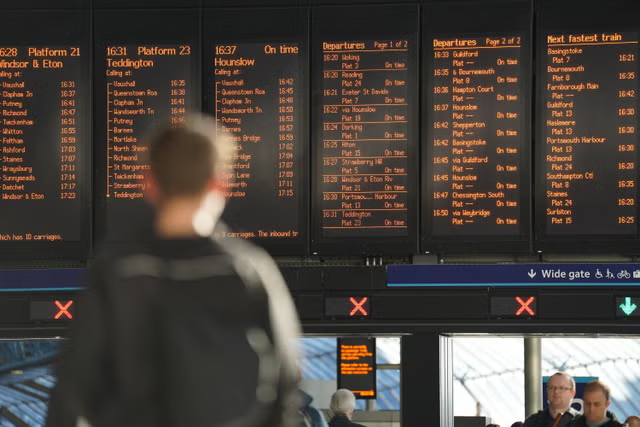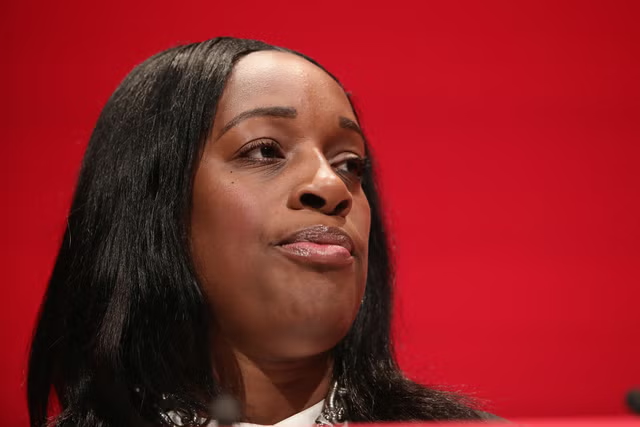The Scottish National Party brought an end to its three-year power-sharing agreement with the much smaller Greens on Thursday after tensions grew between the two pro-independence parties over climate change policies.
Humza Yousaf, Scotland's first minister, informed the Greens he was terminating 2021's Bute House Agreement, which was signed by his predecessor Nicola Sturgeon, with immediate effect.
The move means Green co-leaders Lorna Slater and Patrick Harvie are no longer part of the Scottish government, and that the SNP will be operating as a minority administration. To get legislation and the budget through Parliament, it will have to rely on votes from other parties. Of Parliament's 129 seats, the SNP holds 63, two short of a majority, while the Greens have seven.
“It is no longer guaranteeing a stable arrangement in Parliament, the events of recent days have made that clear, and therefore, after careful consideration, I believe that going forward it is in the best interest of the people of Scotland to pursue a different arrangement," Yousaf said a news conference in Edinburgh.
Relations between the SNP and the Greens have soured recently, particularly in the last week after Yousaf abandoned a key climate change target, specifically the goal of reducing emissions by 75% by 2030, arguing that it was “beyond what we are able to achieve.”
Many members of the Greens were furious at the decision and a vote was planned on whether it would continue to participate in the government. Yousaf denied he was ending the agreement to pre-empt a vote to end the coalition.
Green co-leader Slater accused Yousaf of an act of “political cowardice.”
“By ending the agreement in such a weak and thoroughly hopeless way, Humza Yousaf has signaled that when it comes to political co-operation, he can no longer be trusted,” Slater said.
Slater insisted the Green co-leaders had been confident their members would have backed staying in the government and “continuing our work for Scotland.”
The decision to end the agreement also came as the SNP has been rocked by the news earlier this month that Sturgeon's husband, Peter Murrell, has been charged with embezzlement in a probe into the party's finances.
Opinion polls are showing that the SNP, which has dominated politics in Scotland since it came into government in 2007, is facing stiff opposition from the Labour Party in the run-up to the U.K. general election, which will take place sometime in the coming months. If Labour can grab a sizeable chunk of seats in Scotland, it could well be on course to win a majority, even a big one.
The next Scottish parliamentary election is not due until 2026.
___
This story has been corrected to show that a power-sharing agreement was in 2021 not 2001 as previously stated.
Disclaimer: The copyright of this article belongs to the original author. Reposting this article is solely for the purpose of information dissemination and does not constitute any investment advice. If there is any infringement, please contact us immediately. We will make corrections or deletions as necessary. Thank you.



